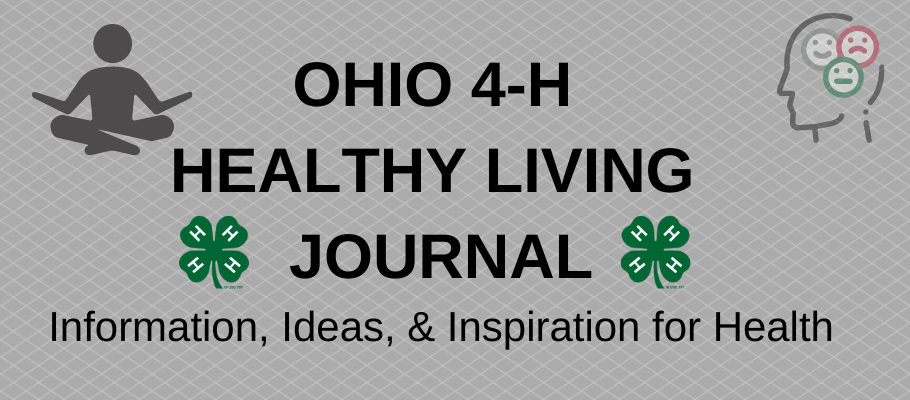 Financial wellness is probably not the first to come to mind, but it is one of the dimensions of wellness we introduced earlier this month. When you are financially well, you a have a working knowledge of your budget and financial state. You can contribute to your savings and set financial goals for yourself that are realistic and achievable.
Financial wellness is probably not the first to come to mind, but it is one of the dimensions of wellness we introduced earlier this month. When you are financially well, you a have a working knowledge of your budget and financial state. You can contribute to your savings and set financial goals for yourself that are realistic and achievable.
Money plays a crucial role in our lives, and not having enough of it can have an impact on our health, directly and indirectly. When financial health is poor, it can affect physical and mental health. Seven in 10 of Americans say they feel stressed about money. Debt can be a worrisome challenge. Keeping up with financial responsibilities can become overwhelming, producing feelings of stress, anxiety, and fear.
Financial uncertainty and the continuously emerging needs of the COVID-19 pandemic add to those insecurities. From layoffs to travel bans, school and business closures, to event cancellations and quarantines, COVID has affected our daily lives and will likely continue to affect household finances for years to come.
What is your relationship with money? Do you have a budget? Do you stick to it? Do you understand your priorities and wants versus needs? Are you able to make ends meet? Are you able to save? Are you prepared for emergencies? Do you have a plan in place for your future?
Having a plan, prioritizing spending, and using resources efficiently is key to your financial stability. That can be a daunting process if you do not have the resources to effectively manage your finances or know how to get started.
Ohio State University Extension educators designed a Hope Chest to “help people help themselves” amidst these uncertain times. A temporary or transition spending plan is needed to manage financial stress.
The purpose of the Hope Chest is for individuals and families to:
- Prioritize spending by separating needs from wants
- Identify and set realistic/SMART goals
- Gather current financial spending and saving information
- Access your income and benefits to help you plan when to pay your expenses
- Evaluate COVID-19 pandemic emergency resources
- Develop a “new “Accounting for Your Money calendar
- Get through the next 6-months using a cash flow budget
- Re-evaluate monthly improving and adjusting as needed
Click on each of the links above for interactive tools and worksheets to help guide you through the process step-by-step. Completing all the steps will help you understand and control where your money goes. Visit the Accounting for Your Money Hope Chest webpage for more details in working through the process.
Starting good money habits as a teen will put you ahead for the rest of your life. Your future self will thank you!
Brandy Uhlenbrock, Program Assistant, 4-H Youth Development/Family and Consumer Sciences/Agriculture and Natural Resources, Clermont County
Source: https://fcs.osu.edu/programs/healthy-finances-0/trending/accounting-your-money-hope-chest
